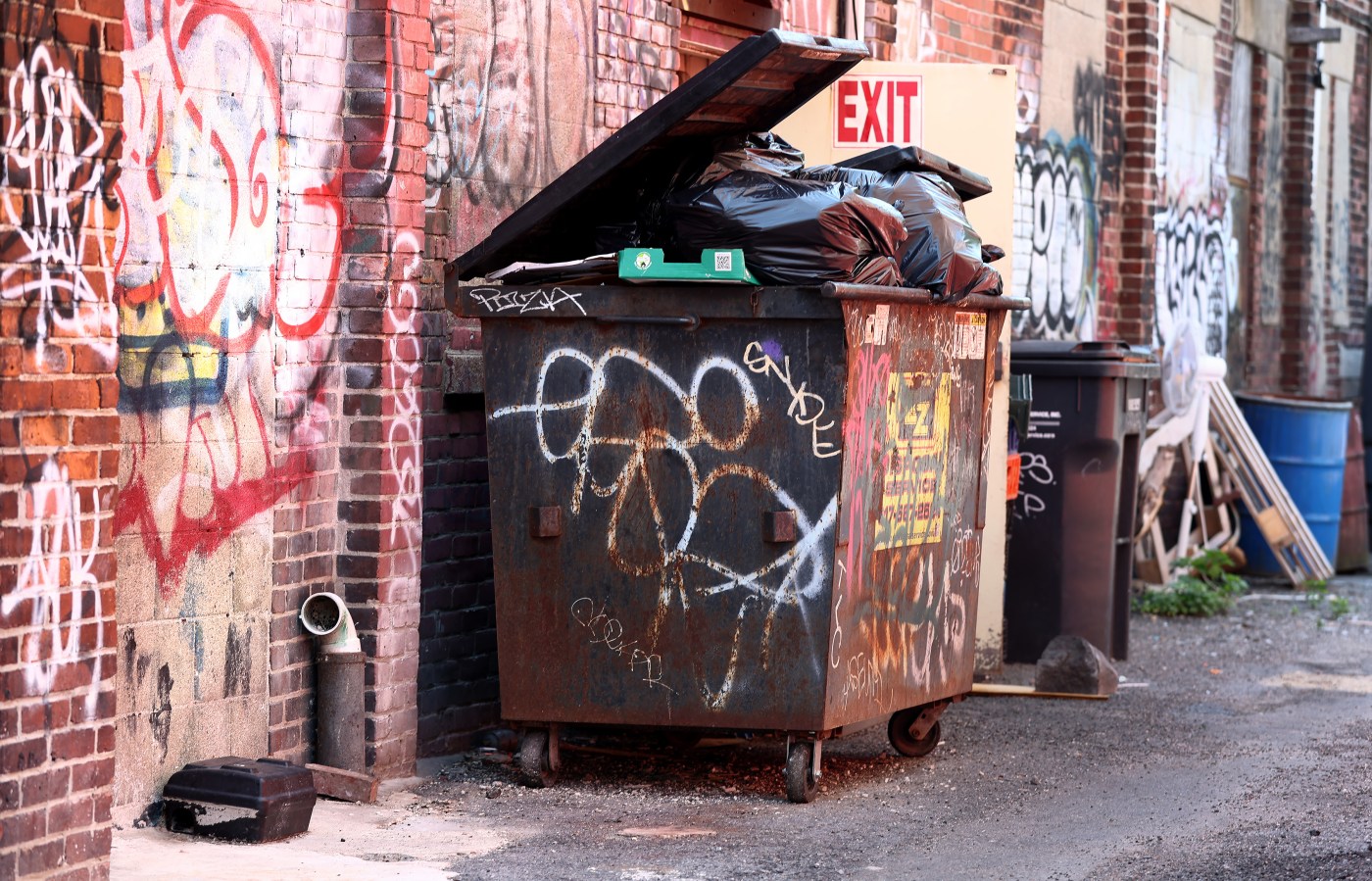
Pepén: New Boston rodent strategy should exclude poison
Every Bostonian knows that our city faces a significant rodent issue. Unfortunately, we rank
among the top cities in the United States for rat and mouse infestations.
As a city councilor, I am dedicated to addressing this problem while prioritizing the safety and well-being of our community — especially our children, pets, and local wildlife.
Imagine taking your child to a park and they’re playing on the grass. Little do you know that
there are rodenticides in the grass. Or walking your dog down Clarendon Street, only to have them sniff around dangerous bait boxes and become seriously ill. Our youngest residents and beloved pets are exposed to these toxic substances, raising serious concerns about their health and safety.
Recently, during a city council hearing, we examined the pressing need to reassess our rodent control strategies, focusing on the urgent call to scale up rodent birth control while phasing out harmful poisons. Currently, Boston relies on carbon monoxide and carbon dioxide treatments to suffocate rats in their burrows — methods that, while effective, still carry risks for other wildlife.
Last year, a pilot using rodent birth control was launched in Jamaica Plain and Hyde Park. It’s important to recognize that pilot programs often take time to produce results. The lack of immediate evidence doesn’t necessarily mean the approach is ineffective; longer observation periods are needed. While there has been an uptick in rodent complaints across densely populated areas of the city, this increase may also be a result of residents noticing rat activity farther outside the pilot area. This suggests that the pilot may not have achieved its intended impact in the targeted zones when it proved effective months after the first launch. If anything, the complaints highlighted broader rodent issues that extend beyond the reach of the pilot.
While current methods may offer some effectiveness, they come with significant risks, including environmental concerns and risks to non-target species like owls, hawks, dogs, and children. By exploring alternative strategies like rodent birth control, we can find safer, more sustainable solutions that prioritize the health of our community and ecosystem.
We also need to reflect on our waste disposal habits. Leaving food waste in trash bags for
multiple nights before collection worsens the rodent issue, attracting pests to the area. Attacking this problem calls for both effective pest management and a shared responsibility to handle our waste more consciously.
Zak Mertz, who leads the New England Wildlife Center, said, “It’s a pernicious problem. It’s a horrible problem to see up close an animal that has been poisoned.” Even today, with more awareness, we see up to 50 to 100 cases of wildlife poisoning per year.
“There is substantial state and nationwide data documenting cases of rodenticide poisoning in humans,” said Lexi Neilan, a clinician for Harvard Law School’s Animal Law and Policy
Program. Neilan highlighted that phasing out the use of poisons would position Boston as a
nationwide leader on this issue.
We cannot forget our beloved pets are at risk, too. Dr. Kiko Bracker of MSPCA-Angell Animal Medical Center provided a chilling insight into the fate of pets that unknowingly ingest these neurotoxins. “While some rodenticides may be treatable, the outcome is often tragic and all too frequent.”
With approximately 50 cases of poisoning reported each year, we must ask ourselves: Is this the legacy we want for our pets and children?
As your city councilor, I am committed to championing a comprehensive, poison-free integrated pest management strategy that prioritizes the health and safety of our families, pets, and wildlife. The choice is clear: we can lead the nation in adopting humane, effective solutions that address our rodent problem and protect the delicate balance of our ecosystem.
Now is the time for Boston to step up as a model city. Together, let’s embrace rodent birth
control as a viable, sustainable alternative that allows our children to play freely, our pets to roam safely, and our wildlife to thrive. Let’s unite to create a Boston where safety and compassion go hand in hand.
The time for action is now — let’s move forward together.
Enrique J. Pepén is a Boston City Councilor representing District 5

